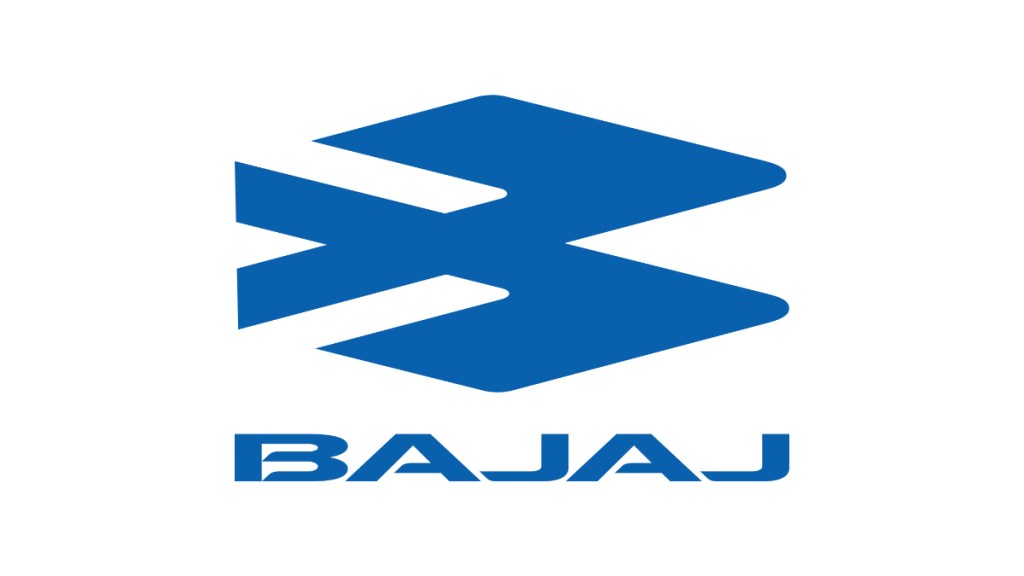Bajaj Auto on Friday reported a strong second quarter performance, with standalone net profit rising 24% year-on-year to Rs 2,480 crore for the July-September period, on the back of higher exports and a more premium product mix. The performance slightly exceeded market expectations, with Bloomberg consensus estimate pegging profit at Rs 2,440 crore.
Standalone revenue from operations increased 14% to Rs 14,922 crore, compared with Rs 13,127 crore a year earlier, on the back of stronger realisations and record spares sales. Ebitda crossed the Rs 3,000 crore milestone for the first time, rising 15% year-on-year to about Rs 3,052 crore, while margins improved to 20.5% from 20.2% during the same period last year.
Exports continued to be a crucial driver, accounting for just over 40% of volumes. Overall two-wheeler exports from the country rose 25% during the quarter, while Bajaj’s own shipments were up 19.2%. The company also noted a full recovery in key overseas markets, achieving sales of over 200,000 units for the first time in more than three years. Export revenues grew about 35%, led by strong traction in Africa, Asia and Latin America.
In contrast, domestic demand remained subdued. Bajaj’s domestic motorcycle sales declined 4.6% year-on-year, although the fall was narrower than the 8% drop in the previous quarter. However, a shift toward higher-end variants boosted realisations. Rakesh Sharma, executive director, said improved customer sentiment during the festival season, along with GST cuts, encouraged buyers across the 100cc to 150cc segments to upgrade to better-equipped models. He cautioned, though, that the surge in festival demand may not be sustainable as the broader customer base has not expanded meaningfully.
The quarter was also affected by supply chain disruptions, particularly of rare earth magnets required for electric scooters and certain three-wheeler models. Availability was at around half the planned level in July and August. Despite this, Bajaj’s Chetak electric scooter regained segment leadership in October as alternative sourcing measures restored supplies. The company said the EV business has now begun to show double-digit profitability.
Bajaj Auto’s balance sheet remained strong with surplus funds of Rs 14,244 crore even after distributing Rs 5,864 crore as dividends and investing over Rs 2,000 crore into subsidiaries, including for the KTM Austria restructuring initiative. The company said regulatory approvals for its planned deeper involvement in KTM operations are awaited.

